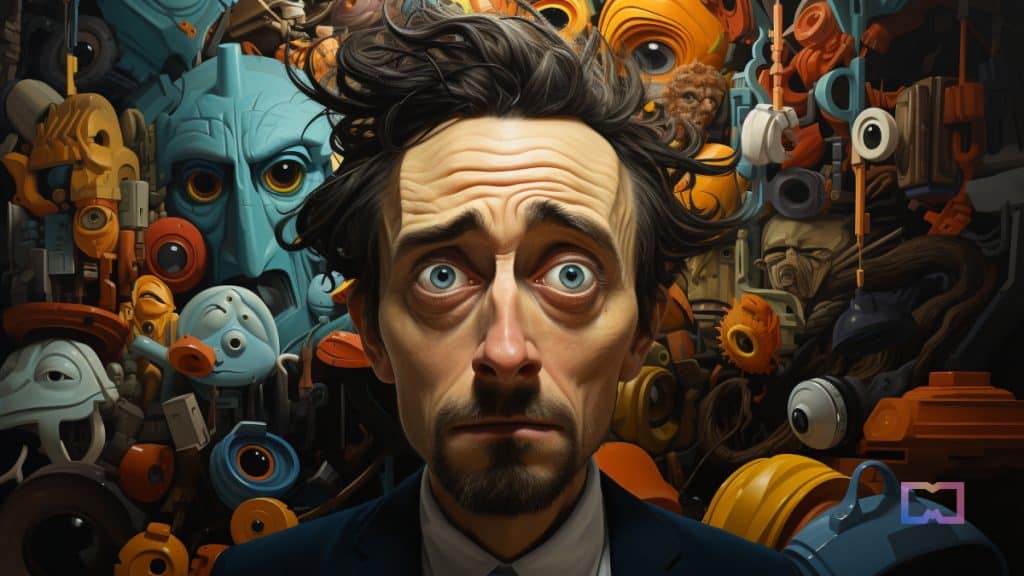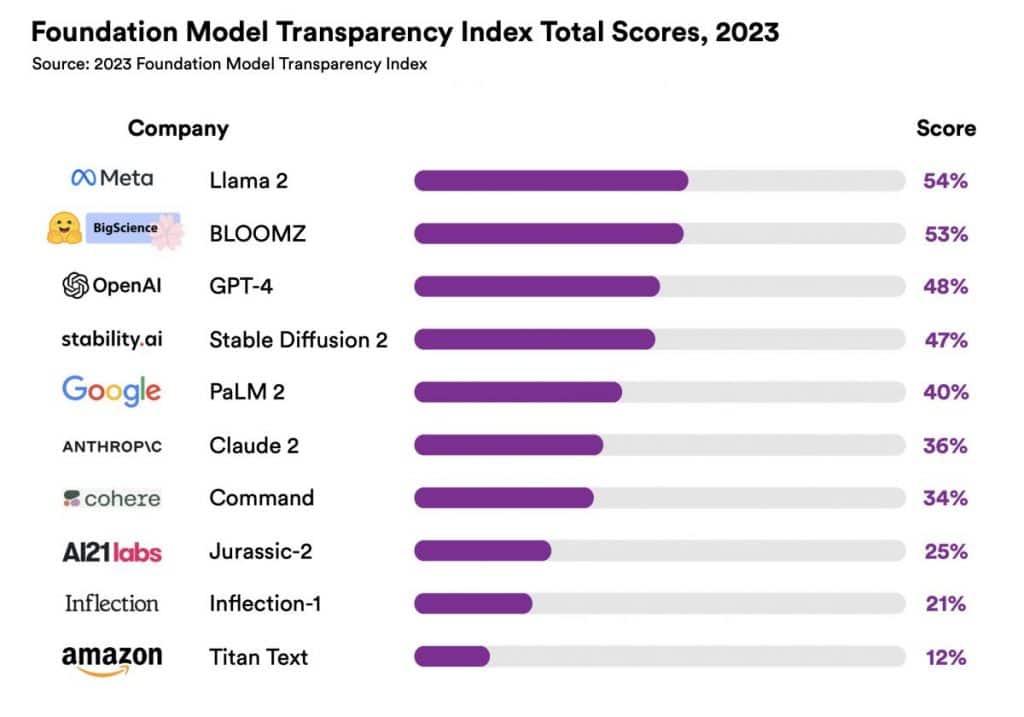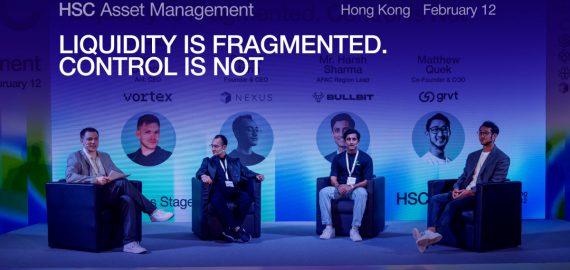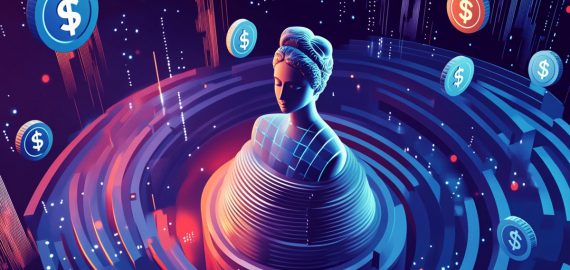Generative AI is Adversely Affecting Copyrighted Content and Data


In Brief
AI technology poses significant challenges to intellectual property rights, particularly when it generates content resembling copyrighted works.
The music industry is grappling with AI-generated songs that imitate famous artists, leading to copyright infringement cases. Artists and writers are also fighting against AI companies that use their works without permission.

The rise of AI technology has brought both innovation and controversy. AI is a potent technology capable of creating, altering, and repurposing content across various domains. Nevertheless, it presents a significant challenge when it comes to safeguarding intellectual property rights, particularly in cases where AI generates content similar to existing copyrighted works.
The increasing prevalence of AI-generated content has led to a surge in legal disputes. Generative AI’s influence on copyrighted data and materials has sparked debates over authorship, creativity and the protection of intellectual property rights. As artificial intelligence systems produce works that closely mimic copyrighted material — artists, musicians, and authors now find themselves grappling with complex issues of copyright infringement.
Music Publishers Sue Amazon-Backed AI Platform for Copyright Infringement
The music industry has been no stranger to challenges posed by AI-generated songs that employ the voices of renowned artists, often resulting in remarkably lifelike compositions. Such AI-generated tracks, despite their uncanny resemblance to the artist’s work, typically lack any legal rights or permissions related to the original music.
Universal Music Publishing Group (UMPG), Concord, and Abkco have already initiated legal action against Anthropic, an AI startup backed by Amazon, alleging copyright infringement of their songs.
The publishers claim that Anthropic’s AI assistant, Claude, violated their copyrights by incorporating their lyrics without proper authorization. The lawsuit, filed in Tennessee, USA — accuses Anthropic of training Claude on publishers’ copyrighted songs and displaying the lyrics in response to user queries, all without obtaining proper licensing agreements.
The lawsuit emphasizes multiple instances where Claude provided copyrighted lyrics, including songs like Katy Perry’s “Roar,” Gloria Gaynor’s “I Will Survive,” and The Rolling Stones’ “You Can’t Always Get What You Want.” Furthermore, the plaintiffs claim that Claude generates complete lyrics when given broader prompts.
The publishers are seeking damages of up to $150,000 per infringed work. This lawsuit represents a significant development in the ongoing debate surrounding AI’s impact on the music industry and copyright protection. Music industry stakeholders have been increasingly vocal about ensuring AI is used in ways that respect artists’ rights and creativity.
Universal Music Group, the world’s largest music company, has been particularly active in advocating for these concerns and has entered into various AI partnerships to explore new opportunities while safeguarding artists’ interests.
Writers and Artists Fighting Against AI Companies
Writers and artists also argue that AI-generated works are not truly original, but rather plagiarize or infringe on their intellectual property rights. They fear that AI companies will undermine the value and quality of human creativity and reduce the opportunities and income for creatives.
Last month, artists Kelly McKernan, Karla Ortiz and Sarah Andersen took legal action against image-generator companies, including Stability AI, Stable Diffusion, and Midjourney, as well as the online gallery DeviantArt.
The artists aim to protect their copyrighted works and careers, arguing that AI image-generators violate the rights of artists by using their works for training and producing similar works that compete with the originals. They seek damages and a court order to prevent AI companies from using their works without permission.
The legal battle reflects the growing issue of AI-generated art and its impact on human artists’ livelihoods.
Furthermore, authors have also been increasingly concerned about the challenges posed by AI-generated books, such as quality issues, potential plagiarism and the impact on authors’ livelihoods. AI-generated books are not protected by copyright law, allowing anyone to create and publish AI-generated content without author permission.
To address these challenges, authors have been taking steps like trademarking their names, registering copyrights and reporting unauthorized use to online retailers. A growing number of authors are calling on tech companies to secure consent, provide credit and ensure fair compensation for the use of their copyrighted materials in generative AI systems. This is a critical issue, as AI-generated content has the potential to disrupt the publishing industry and affect authors’ ability to make a living from their work.
In September, a coalition of global publishers and journalists, including organizations like AMI, FIPP and WAN-IFRA, introduced a set of ethical principles for governing AI systems. The principles stress the significance of respecting intellectual property rights, ensuring high-quality content for AI training and avoiding unfair market consequences.
AI Copyright Infringement Sparks Controversy in the Russian Art World
A recent case in Russia’s art world has sparked concerns about copyright infringement related to AI technology. The controversy began when a Berlin-based gallery owned by Marat Gelman held an exhibition titled “Blue Lard” dedicated to artist Vladimir Sorokin and his famous work. The exhibition was advertised as showcasing art created using AI and served as a platform for artists exploring the intersection of technology and creativity.
However, a dispute arose due to the omission of the name of a digital creator, Evgeny Nikitin, who had made significant contributions to the exhibition. Instead, the gallery focused on Vladimir Sorokin’s collaboration with AI in their description. Nikitin expressed his dissatisfaction with this exclusion, leading to a public confrontation.

on his back there is a hump where blue fat is deposited.” Source: Vladimir Sorokin/ Evgeniy Nikitin/ midjourney
The case emphasizes the challenge of defining authorship and copyright in the digital age, particularly with AI involvement in art creation. It also underscores the call for new curatorial and legal strategies in response to the changing landscape of digital art. Furthermore, it reflects the increasing importance of discussions on ethics, human rights, and safeguarding individual authorship in the AI era, with organizations like Germany’s Ethics Council taking a stance.
AI Foundation Models Lack Transparency
A Stanford University study — Foundation Model’s Transparency Index, evaluated the transparency of AI foundation models developed by companies like OpenAI and Google. The study revealed concerns over declining transparency and emphasized the need for these companies to disclose information about data sources and human labor in model training.

Transparency is seen as essential in the AI industry to prevent potential risks associated with opacity. The report’s authors hope that this study will drive increased transparency in the AI field and provide governments with a reference point for addressing regulatory challenges.
The EU has recently progressed in this direction with the “Artificial Intelligence Act.” It will require companies to disclose any copyrighted material used in the development of generative AI tools, promoting transparency in the EU. Regulating AI and enforcing model transparency is considered a crucial step in addressing copyright infringement issues associated with AI-generated content.
In a world where AI and creativity continue to intersect, it’s necessary to navigate the challenges of AI copyright violations by balancing technological innovations and the protection of artists’ and authors’ rights. Clear regulations, ethical considerations, and transparency in AI models can help foster a more harmonious coexistence between human creativity and AI.
Disclaimer
In line with the Trust Project guidelines, please note that the information provided on this page is not intended to be and should not be interpreted as legal, tax, investment, financial, or any other form of advice. It is important to only invest what you can afford to lose and to seek independent financial advice if you have any doubts. For further information, we suggest referring to the terms and conditions as well as the help and support pages provided by the issuer or advertiser. MetaversePost is committed to accurate, unbiased reporting, but market conditions are subject to change without notice.
About The Author
Agne is a journalist who covers the latest trends and developments in the metaverse, AI, and Web3 industries for the Metaverse Post. Her passion for storytelling has led her to conduct numerous interviews with experts in these fields, always seeking to uncover exciting and engaging stories. Agne holds a Bachelor’s degree in literature and has an extensive background in writing about a wide range of topics including travel, art, and culture. She has also volunteered as an editor for the animal rights organization, where she helped raise awareness about animal welfare issues. Contact her on [email protected].
More articles

Agne is a journalist who covers the latest trends and developments in the metaverse, AI, and Web3 industries for the Metaverse Post. Her passion for storytelling has led her to conduct numerous interviews with experts in these fields, always seeking to uncover exciting and engaging stories. Agne holds a Bachelor’s degree in literature and has an extensive background in writing about a wide range of topics including travel, art, and culture. She has also volunteered as an editor for the animal rights organization, where she helped raise awareness about animal welfare issues. Contact her on [email protected].


















































